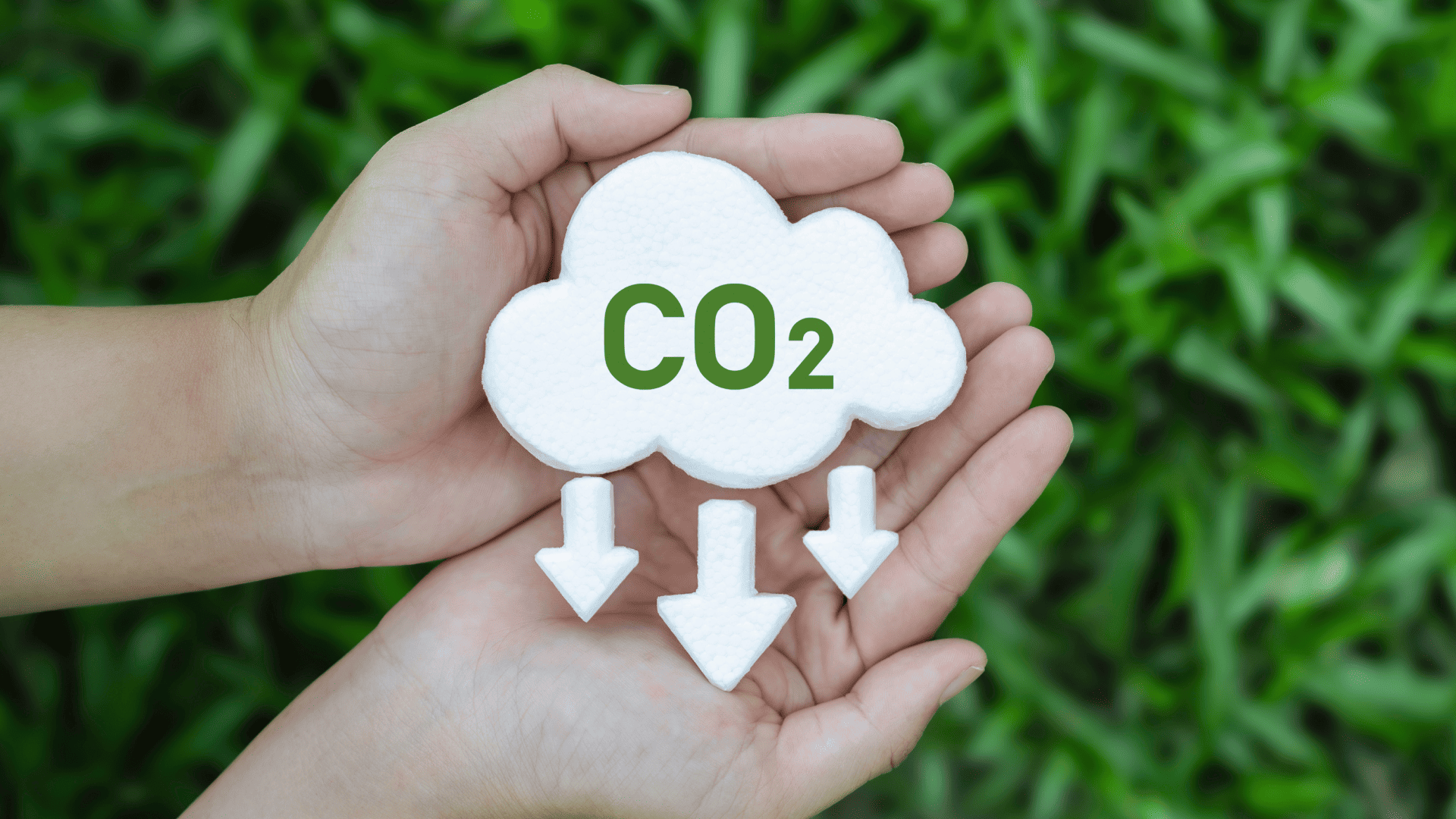
Product walkthrough, trial, POCs, enterprise offering, support and more. Speak with one of our specialists.


Product walkthrough, trial, POCs, enterprise offering, support and more. Speak with one of our specialists.

Climate changes

Indonesia's carbon market is now under the spotlight worldwide. Carbon credits traded on the Indonesia Carbon Exchange (IDX Carbon Exchange) are selling well, with most coming from Pertamina New & Renewable Energy's geothermal projects. The prices are attractive too, reaching 4–5 US dollars per ton — far above the global market average of only 1 US dollar per ton.
This was revealed by the Chairman of the Indonesia Carbon Trade Association, Riza Suarga, during the webinar Carbon Pricing Options and Implications for Asia held by the Asian Development Bank (ADB) last week.
This high interest is no coincidence. Indonesia is among the most active developing countries in building a domestic carbon market. Carbon pricing regulations cover forestry, agriculture, waste, industry, and energy sectors, with a flexible combined scheme.
The government's move to open domestic carbon market access to international standards has attracted many foreign investors. Indonesia has signed cooperation agreements with global institutions such as Gold Standard and is exploring collaboration with Verra. The result? Local developers now have the opportunity to sell carbon credits on the global market at more competitive prices.
In addition, the government has also prepared the Climate Change Trust Fund to support national climate financing. With strong political support and increasingly solid institutional foundations, Indonesia has the potential to become a strategic carbon trading hub in ASEAN.
This success must of course be maintained. The Ministry of Environment / Environmental Control Agency continues to strengthen the system for securing the Carbon Economic Value, in line with Presidential Regulation Number 98 of 2021. The target is clear: to reduce greenhouse gas emissions by up to 43.2% by 2030 with international support, and to achieve carbon neutrality by 2060.
Indonesia's carbon economy potential is even estimated to reach USD 16.7 billion by 2030. However, this huge opportunity also comes with risks such as false claims, fictitious projects, or data manipulation. Therefore, strict supervision, early detection, and law enforcement are key.
The government is currently refining the national risk-based carbon registry system, strengthening cooperation with UNODC and Interpol, and preparing cross-sector technical guidelines. The principle is that carbon trading must be transparent, fair, and provide real benefits for both communities and the environment.
Indonesia has major assets: natural wealth, a strategic position, and global support. But success in maintaining the integrity of the carbon market does not only depend on the government — all parties, from businesses and academics to the wider community, have an important role to play.
Let us support clean, transparent, and sustainable carbon trading. By maintaining the integrity of the carbon market, we are not only saving the planet, but also opening up economic opportunities that benefit all Indonesian people.
It’s time to take real action. Contact Jejakin to start your carbon project today.






















Jejakin’s green programs combine high-tech monitoring, biodiversity restoration, and community-led initiatives to deliver powerful, sustainable change across ecosystems.








